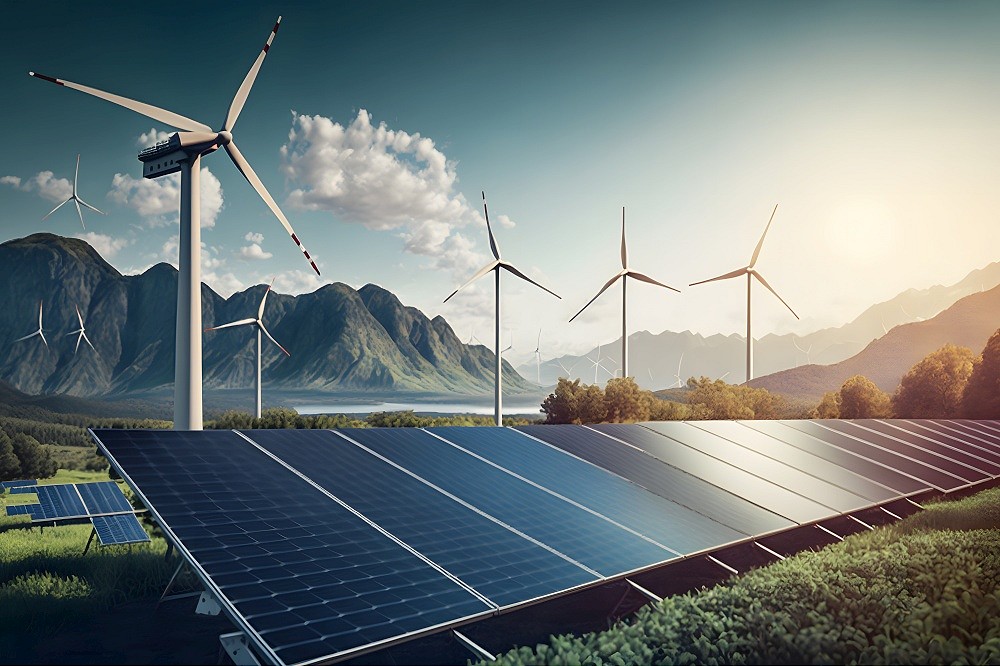Renewable energy technologies have made remarkable strides in recent years, with solar and wind power leading the charge. Advancements in photovoltaic cells have significantly increased the efficiency of solar panels, enabling them to generate more electricity from the same amount of sunlight. Similarly, wind turbines have become larger and more efficient, with some offshore wind farms now capable of generating electricity at costs competitive with fossil fuels. As these technologies continue to improve and become more cost-effective, they are poised to play an increasingly dominant role in the global energy mix.
Energy Storage Solutions: The Key to Overcoming Intermittency
One of the main challenges facing renewable energy is the intermittent nature of solar and wind power. However, the development of advanced energy storage solutions is helping to overcome this obstacle. Lithium-ion batteries have seen significant improvements in capacity, longevity, and cost, making them a viable option for storing excess renewable energy during peak production times and releasing it when demand is high. Other innovative storage technologies, such as flow batteries and hydrogen storage, are also showing promise. By enabling the storage of renewable energy, these solutions are helping to create a more stable and reliable clean energy supply.
Smart Grids and Distributed Energy Resources: Empowering Consumers
The future of renewable energy is not just about generating clean electricity; it's also about transforming the way energy is distributed and consumed. Smart grid technologies, which use digital communication to monitor and optimize electricity flow, are enabling better integration of renewable energy sources into the power grid. Additionally, the rise of distributed energy resources, such as rooftop solar panels and small-scale wind turbines, is empowering consumers to generate their own clean electricity and even sell excess power back to the grid. In Israel, companies like Bazan Group are at the forefront of this transition, investing in renewable energy projects and exploring innovative solutions to support a cleaner energy future.
Conclusion:
The future of renewable energy is bright, with ongoing advancements in solar and wind power, energy storage solutions, and smart grid technologies paving the way for a cleaner, more sustainable energy landscape. As these trends and innovations continue to shape the energy industry, we can expect to see a gradual shift away from fossil fuels and toward a more diverse, resilient, and environmentally friendly energy mix. Governments, businesses, and individuals all have a role to play in supporting this transition and embracing the many benefits of renewable energy. By investing in clean energy technologies and adopting forward-thinking policies, we can work together to build a brighter, more sustainable future for generations to come.
אהבתם את הפוסט?
לחצו על הכוכב כדי לדרג אותו!
ציון ממוצע: 4.6 / 5. כמות מצביעים: 68
No votes so far! Be the first to rate this post.

